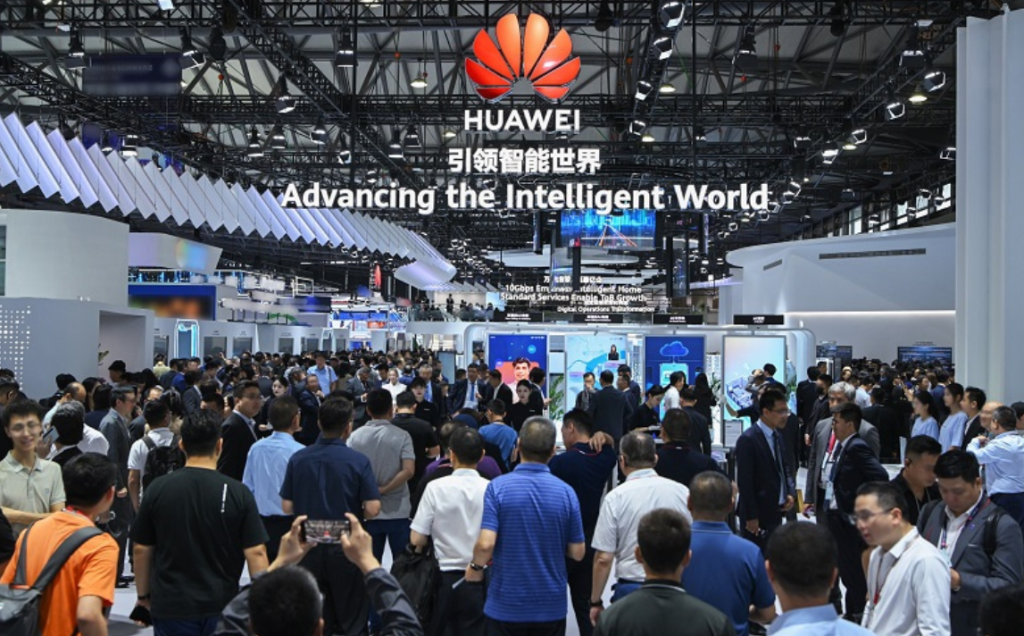©2021 Reporters Post24. All Rights Reserved.
At the World AI Conference in Shanghai, Zhang Ping’an, CEO of Huawei Cloud, delivered a compelling message regarding China’s AI progress amidst U.S. sanctions on advanced GPUs and chipmaking technology. Despite the constraints imposed by limited access to top-tier processors, Zhang emphasized that China can continue to lead in AI without relying solely on high-end chips.
Zhang dismissed concerns that the restrictions on advanced AI processors, such as Nvidia’s H100/H200 and B100/B200, would significantly impede China’s AI development. He underscored that China’s AI leadership should not be contingent on these high-end chips. Acknowledging the country’s current limitation in computing power due to the sanctions, Zhang highlighted the importance of being independent of the most advanced technology.
Zhang pointed to Huawei’s efforts in developing the Ascend 910-series processors for AI applications. He claimed these processors are competitive with Nvidia’s A100, though analysts in Europe and the U.S. have not independently verified this assertion. The U.S. restrictions on Nvidia processors mean that major Chinese tech companies like Baidu, Huawei, and Tencent must rely on domestic technology, which Zhang views as an opportunity rather than a setback.

However, Zhang recognized the performance limitations of domestic processors. He admitted that processors from Huawei and Biren Technology, produced on older manufacturing nodes, cannot match the performance of modern AI and high-performance computing GPUs from AMD and Nvidia. Additionally, SMIC, which manufactures chips for Huawei and Biren, lacks access to cutting-edge equipment, contributing to China’s lag in per-processor computing performance.
To address these challenges, Zhang advocated for a holistic approach combining cloud, edge, and network technologies to enhance efficiency and reduce power consumption for AI workloads. He highlighted Huawei Cloud as a leading provider of AI services, suggesting that leveraging cloud technology could compensate for the lack of advanced AI processors. However, it remains unclear whether Huawei’s processors are recommended for training large language models directly in Huawei Cloud or if they should be trained on external machines and then deployed in Huawei Cloud.
Overall, Zhang stressed the need to abandon the belief that the absence of the most advanced AI chips precludes leadership in AI. He conveyed confidence that through innovation and a strategic approach, China can maintain its position at the forefront of AI development despite the ongoing U.S. sanctions.


